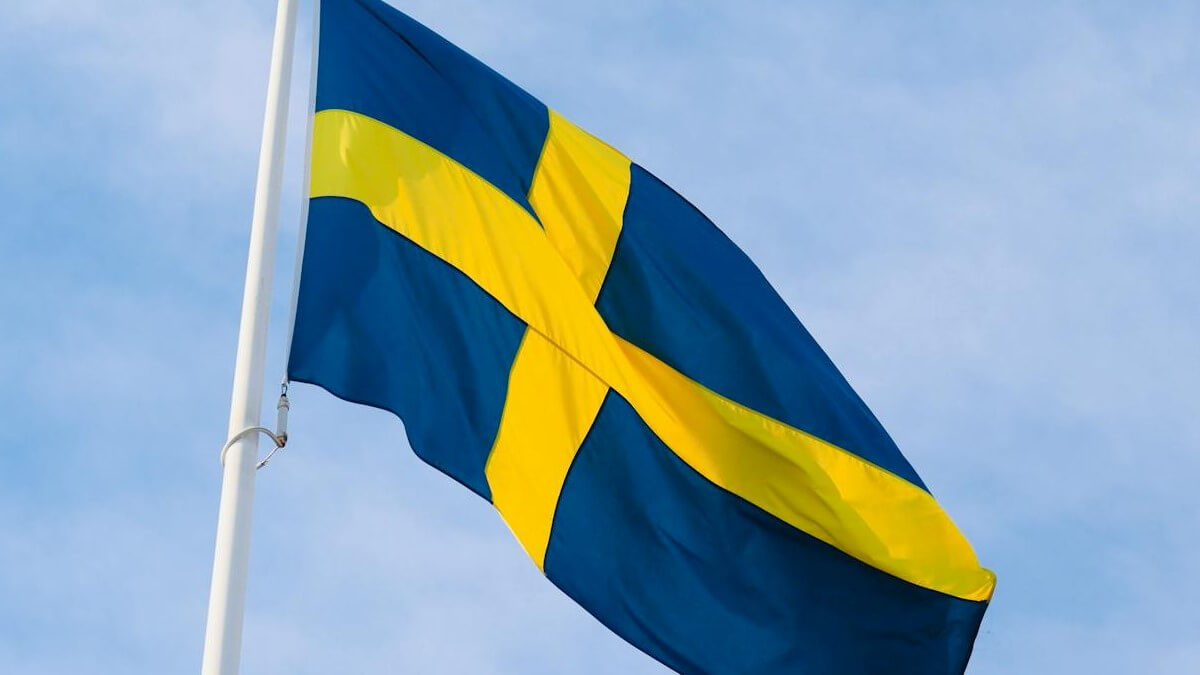Sweden to pay immigrants $34,000 to return home
Sweden’s government said Thursday it would drastically increase grants for immigrants who choose to leave the country and return home, to encourage more migrants to do so. As of 2026, immigrants who voluntarily return to their home countries would be eligible to receive up to 350,000 Swedish kronor ($34,000), the right-wing government, which is propped […]

Sweden flag
Sweden’s government said Thursday it would drastically increase grants for immigrants who choose to leave the country and return home, to encourage more migrants to do so.
As of 2026, immigrants who voluntarily return to their home countries would be eligible to receive up to 350,000 Swedish kronor ($34,000), the right-wing government, which is propped up by the anti-immigration Sweden Democrats, told a press conference.
“We are in the midst of a paradigm shift in our migration policy,” Migration Minister Johan Forssell told reporters.
Currently immigrants can receive up to 10,000 kronor per adult and 5,000 kronor per child, with a cap of 40,000 kronor per family.
- NIGERIA DAILY: Must Nigeria Endure Pain for Economic Progress?
- Edo gov’ship: Obaseki accuses APC of police manipulation
“The grant has been around since 1984, but it is relatively unknown, it is small and relatively few people use it,” Ludvig Aspling of the Sweden Democrats told reporters.
Aspling added that if more people were aware of the grant and its size was increased, more would likely accept the offer.
The announcement came despite a government-appointed probe last month advising against a significant increase in the amount of the grant, saying the expected effectiveness did not justify the potential costs.
Conservative Prime Minister Ulf Kristersson promised to counter immigration and crime after he came to power in 2022 with a minority coalition government propped up by the Sweden Democrats – which emerged as Sweden’s second-largest party with 20.5 per cent in the general election.
Sweden has taken in a large number of migrants since the 1990s, mostly from conflict-ridden countries such as the former Yugoslavia, Syria, Afghanistan, Somalia, Iran and Iraq.
However, the Nordic country has struggled for years to integrate immigrants.
